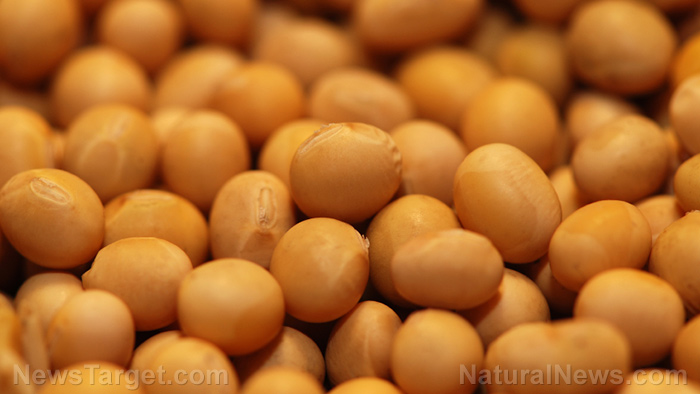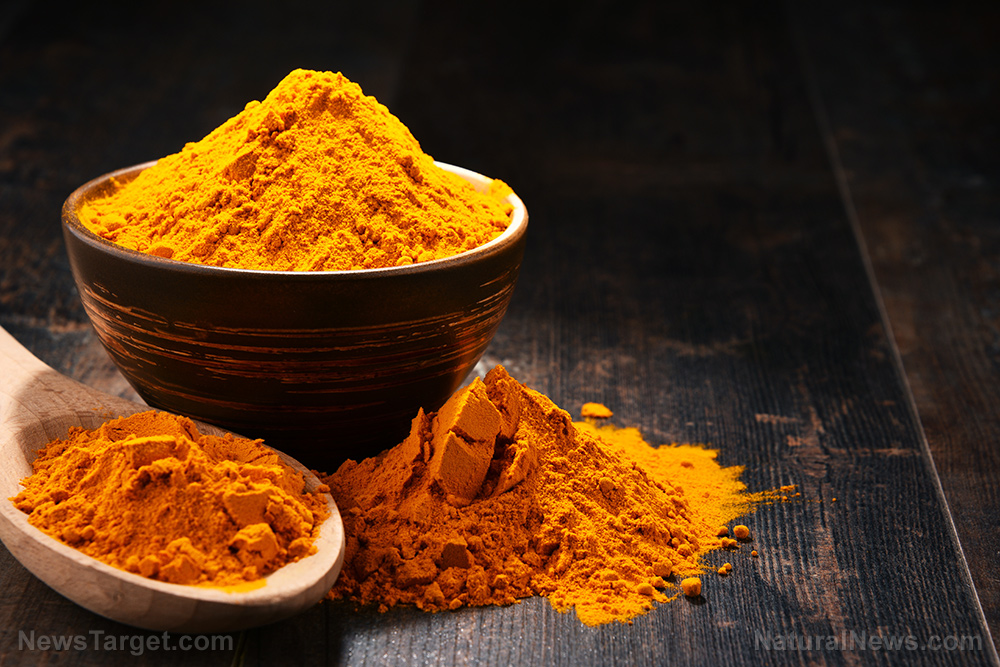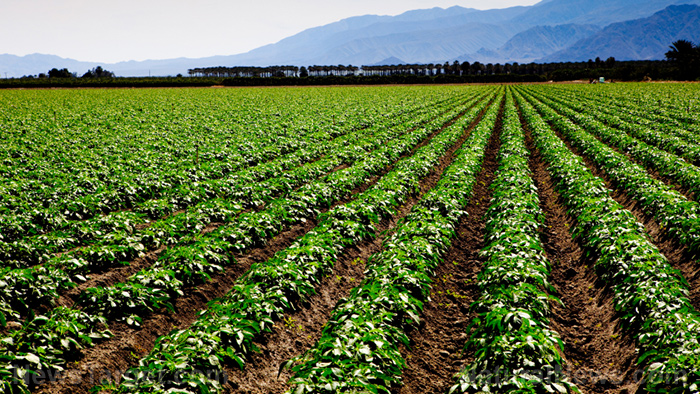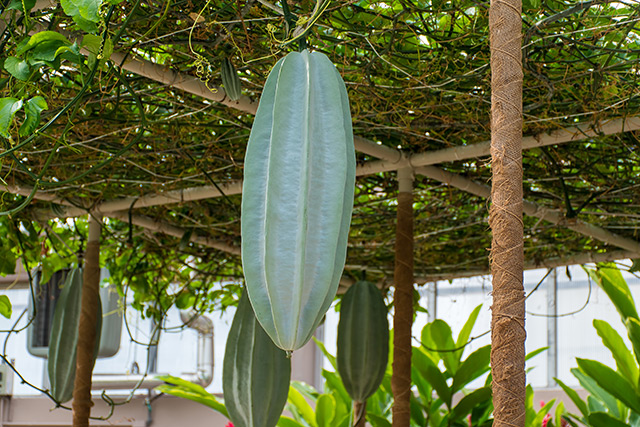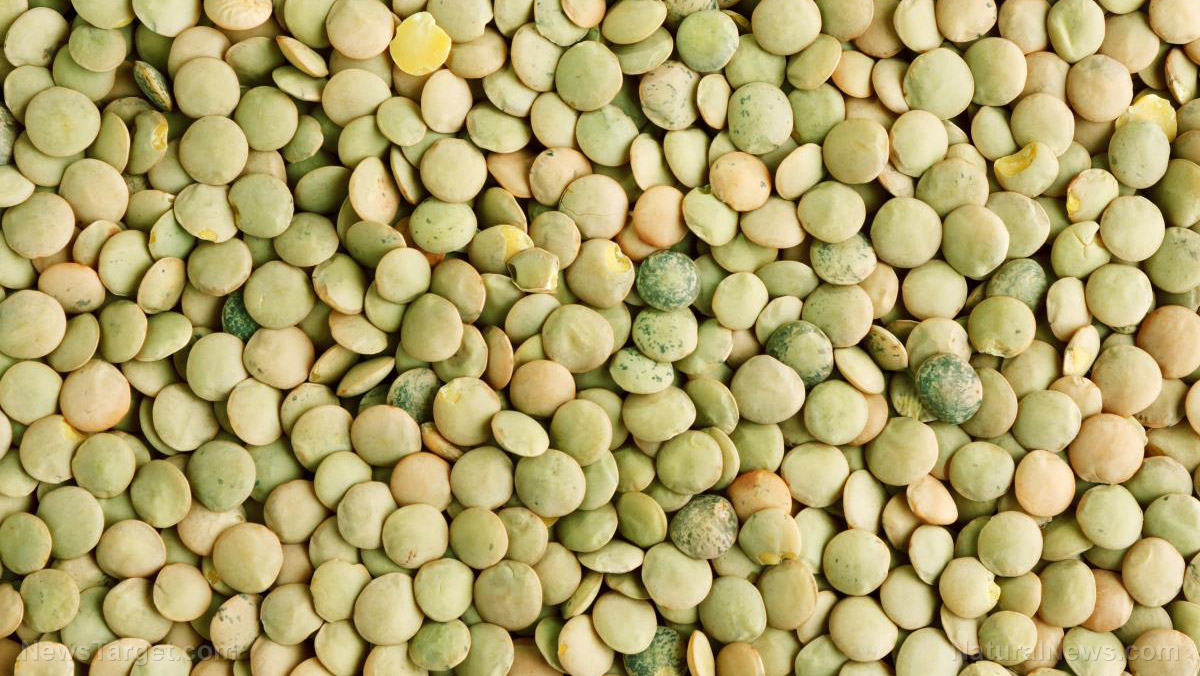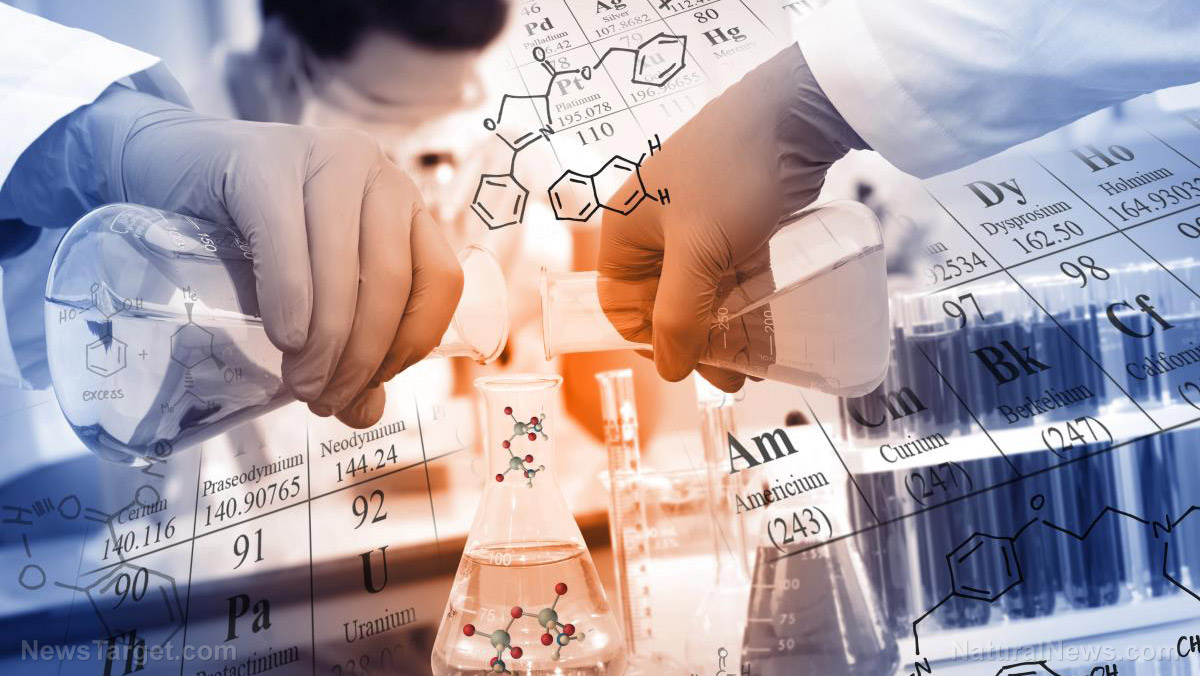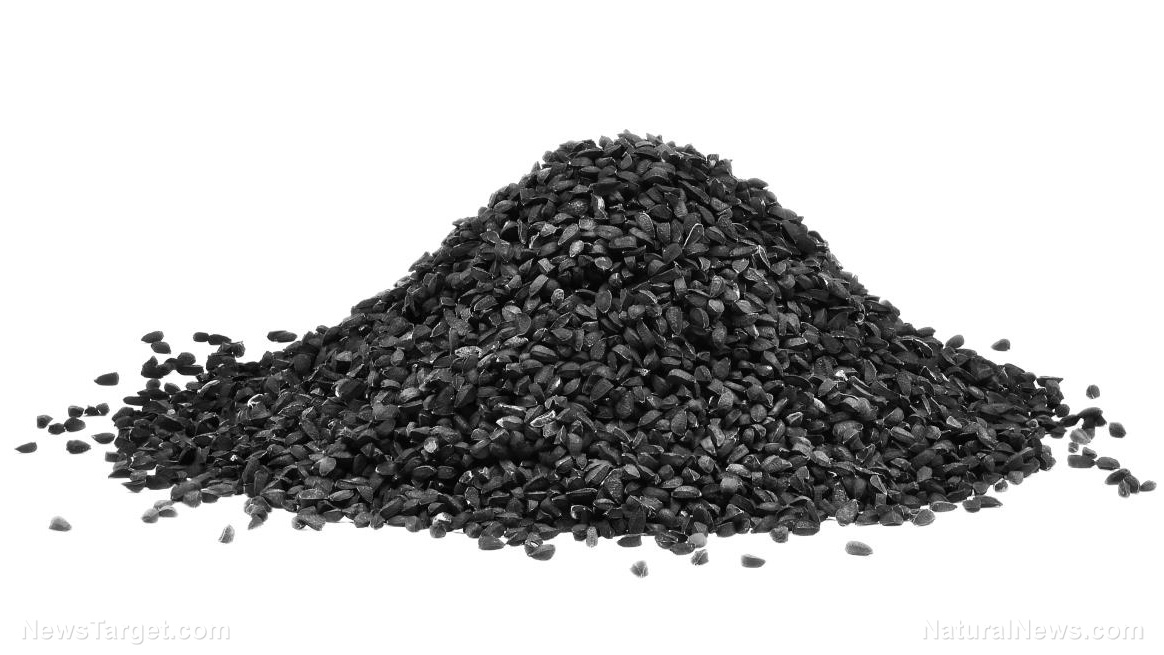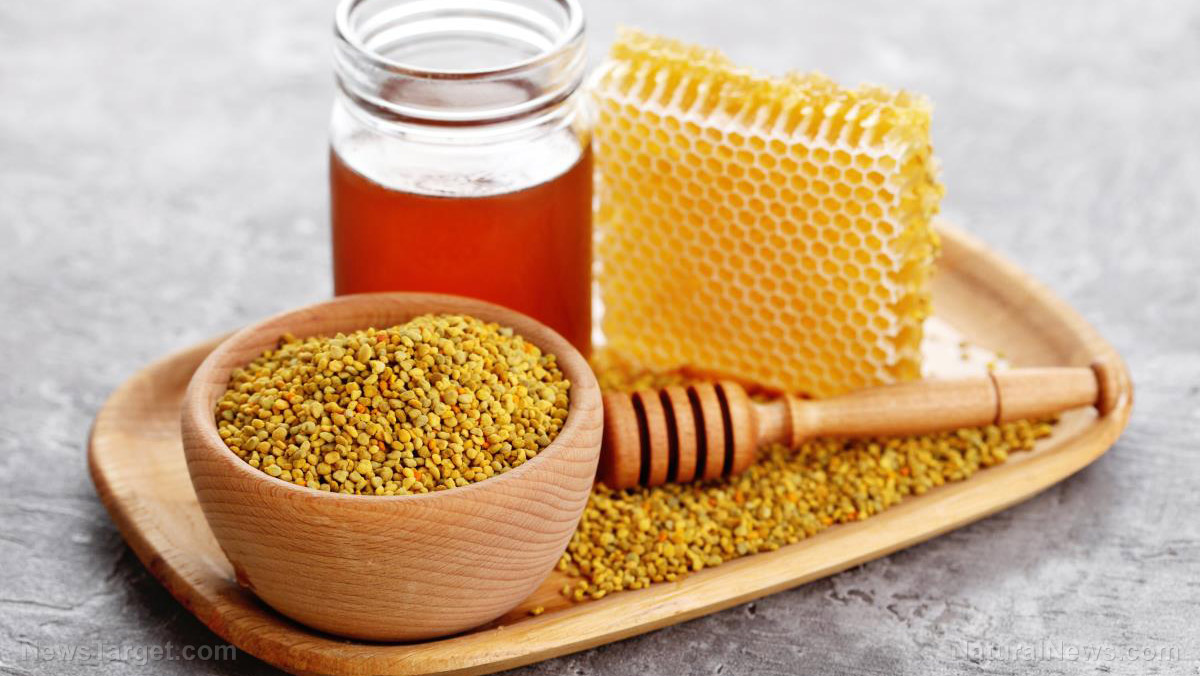The cassia seed prevents acute lung injury, according to study
10/12/2018 / By Ralph Flores
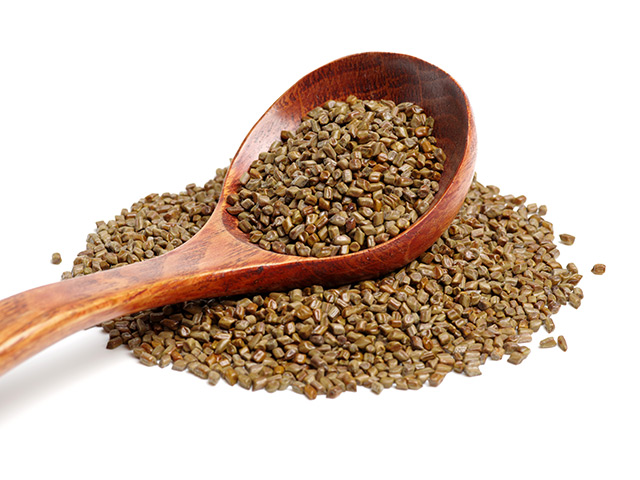
Chinese researchers have found that cassia seeds, a popular medicinal food item, can be used to protect against acute lung injury (ALI). The study, which appeared in BMC Complementary and Alternative Medicine, arrived at the conclusion following multiple assays, including one that used ALI rat models induced with lipopolysaccharide (LPS).
Cassia seeds (or Semen Cassiae) are the ripe seeds of either the sicklepod (Senna obtusifolia) or sickle senna (Senna tora). In traditional Chinese medicine, cassia seeds are typically prescribed to address digestive and liver problems or improve vision. It’s considered to be a bitter, sweet, and slightly cold food item, which enters the body through the meridians in the liver and the large intestine. Its bitter and cold properties allow it to treat liver fire (which also allows it to improve vision), while its sweet and moist properties ensure that the body’s yin will not take damage. It’s a common herb for treating eye conditions, especially those that come from liver fire, wind-heat, and liver deficiency.
In this study, researchers randomly grouped rats to receive either control, LPS and a vehicle, or LPS and cassia seeds. To mimic ALI, all rat lungs were injured using an intratracheal instillation of LPS. The rats were treated three hours after the procedure and sacrificed after 24 hours. The team harvested lung tissue and recorded final lung weight for further analysis. They found that rats that were given cassia seeds did not exhibit severe pulmonary edema, a trait commonly seen in people with ALI. According to researchers, this meant that the cassia seeds may have attenuated the effects of ALI in the group.
The team also found that rats treated with cassia seeds had reduced levels of pulmonary interleukin (IL)-6, tumor necrosis factor (TNF)-alpha, and 8-hydroxy-2?-deoxyguanosine (8-OHdG), which were all biomarkers for chronic inflammation. This particular result highlighted the ability of the seeds to reduce inflammation in the lungs, a common symptom in people with ALI.
“Semen Cassiae protects LPS-induced ALI in rats,” the researchers concluded in their study. “Semen Cassiae can be developed as a novel treatment for ALI.”
Fast facts on acute lung injury
Acute lung injury previously referred to a lack of oxygen (hypoxia) in the lungs that isn’t caused by hypertension. However, this has since been updated, and the term “acute lung injury” was discontinued and replaced with mild acute respiratory distress syndrome (ARDS), which formerly referred to severe levels of hypoxia in the lungs.
Currently, ARDS refers to a life-threatening lung condition that prevents the lungs from getting enough oxygen, which also results in the lack of oxygen-rich blood in the body. This happens when fluid from tiny blood vessels in the lungs leak into the air sacs, preventing these from being filled up with enough air. The classification of ARDS (mild, moderate, and severe) defines the amount of oxygen in the blood and during breathing. For the most part, the condition has a high mortality rate.
ARDS is a multifactorial disease, which can be caused by a combination of risk factors. However, the most common causes include:
- Sepsis – a serious and widespread infection of the bloodstream
- Inhaling chemicals and other harmful substances – this can also include near-drowning episodes or even inhaling vomit
- Severe pneumonia
- Major injuries in the head or chest – experiencing a bad fall or a severe car crash may directly damage the lungs or the part of the brain associated with breathing
Other causes include lung transplants, inflammation of the pancreas, and severe burns. (Related: Poor sleep, low blood oxygen levels linked to brain abnormalities associated with dementia.)
Learn more traditional procedures to treat lung injuries by following ChineseMedicine.news today.
Sources include:
Tagged Under: acute lung injury, acute respiratory distress syndrome, alternative medicine, anti-inflammatory, ARDS, cassia seeds, food as medicine, food cures, herbal medicine, Herbs, inflammation, medicinal plants, natural cures, natural medicine, Semen Cassiae


